FIP makes it a priority to publish the latest developments in pharmacy practice, pharmaceutical sciences, related global news and prominent events. Our multi-media approach to keeping members, partners and peers informed of what is and will be affecting their area of practice or science is key to keeping information flowing through the FIP network.
FIP makes it a priority to publish the latest developments in pharmacy practice, pharmaceutical sciences, related global news and prominent events. Our multi-media approach to keeping members, partners and peers informed of what is and will be affecting their area of practice or science is key to keeping information flowing through the FIP network.
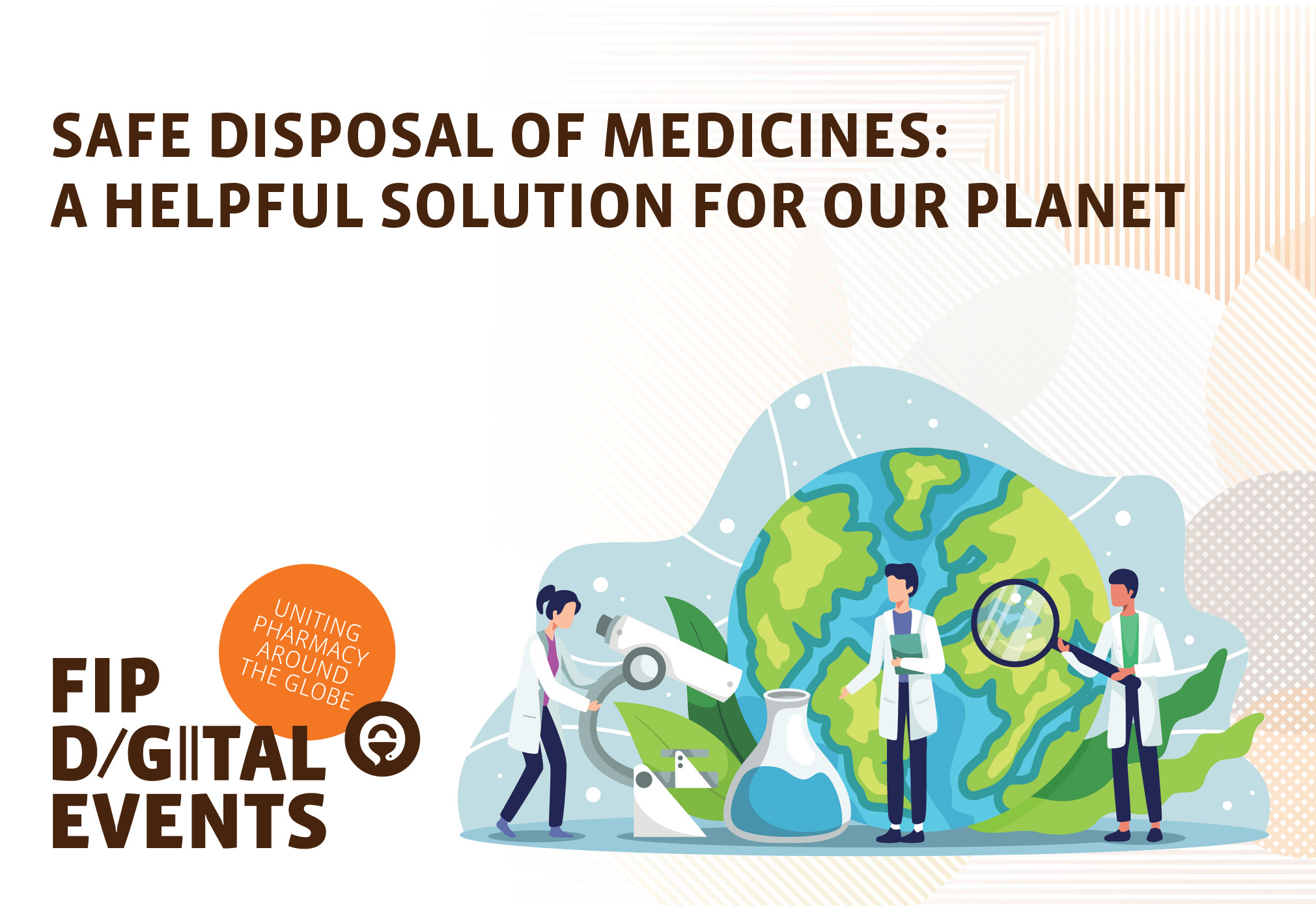
Webinar • 22 April 2024, 13:00 - 14:30 CEST
Safe disposal of medicines: A helpful solution for our planet
Website• Add to calendarContact information
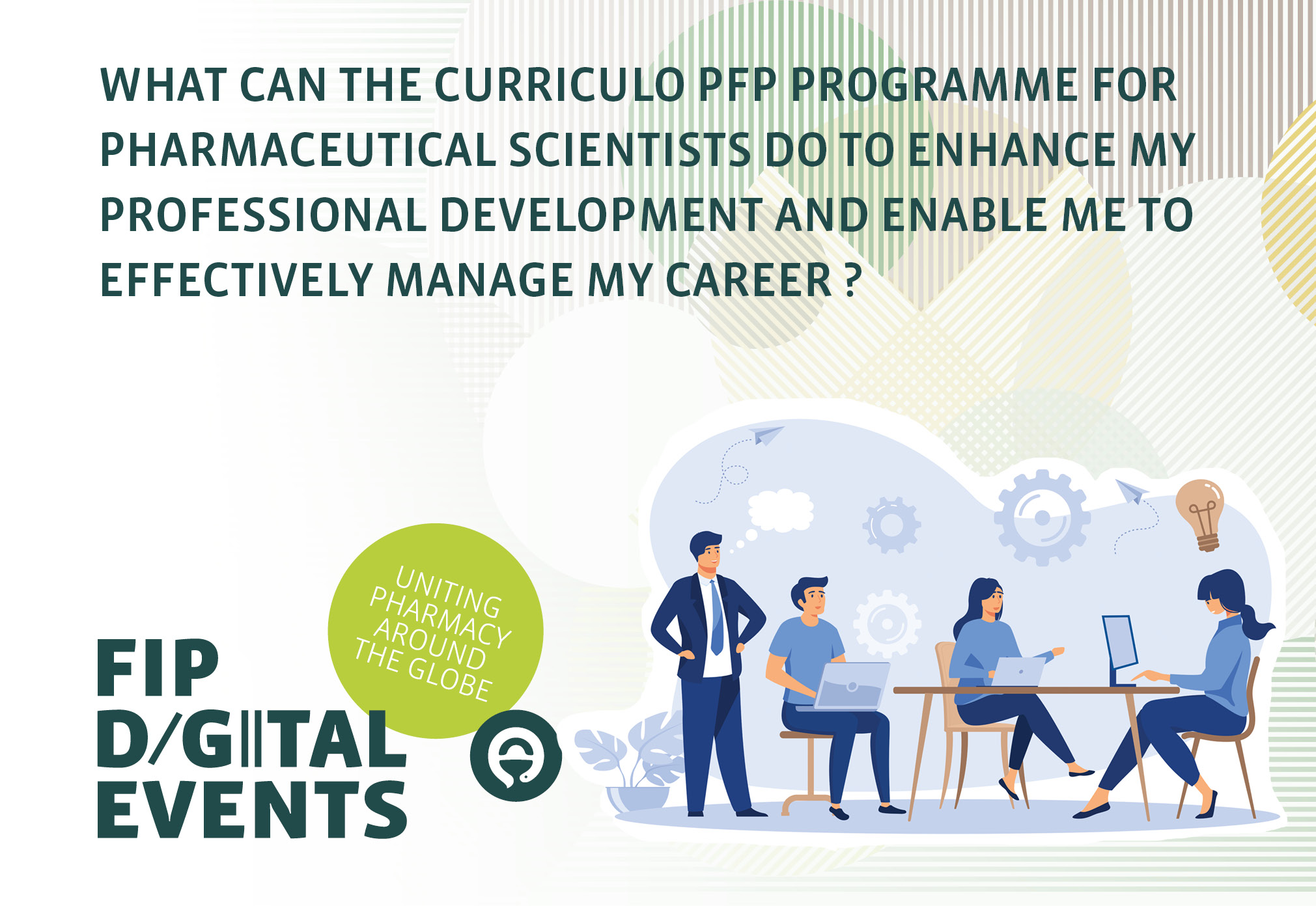
Webinar • 24 April 2024, 14:00 - 15:30 CEST
What can the Curriculo PFP Programme for Pharmaceutical Scientists do to enhance my professional development and enable me to effectively manage my career?
Website• Add to calendarContact information
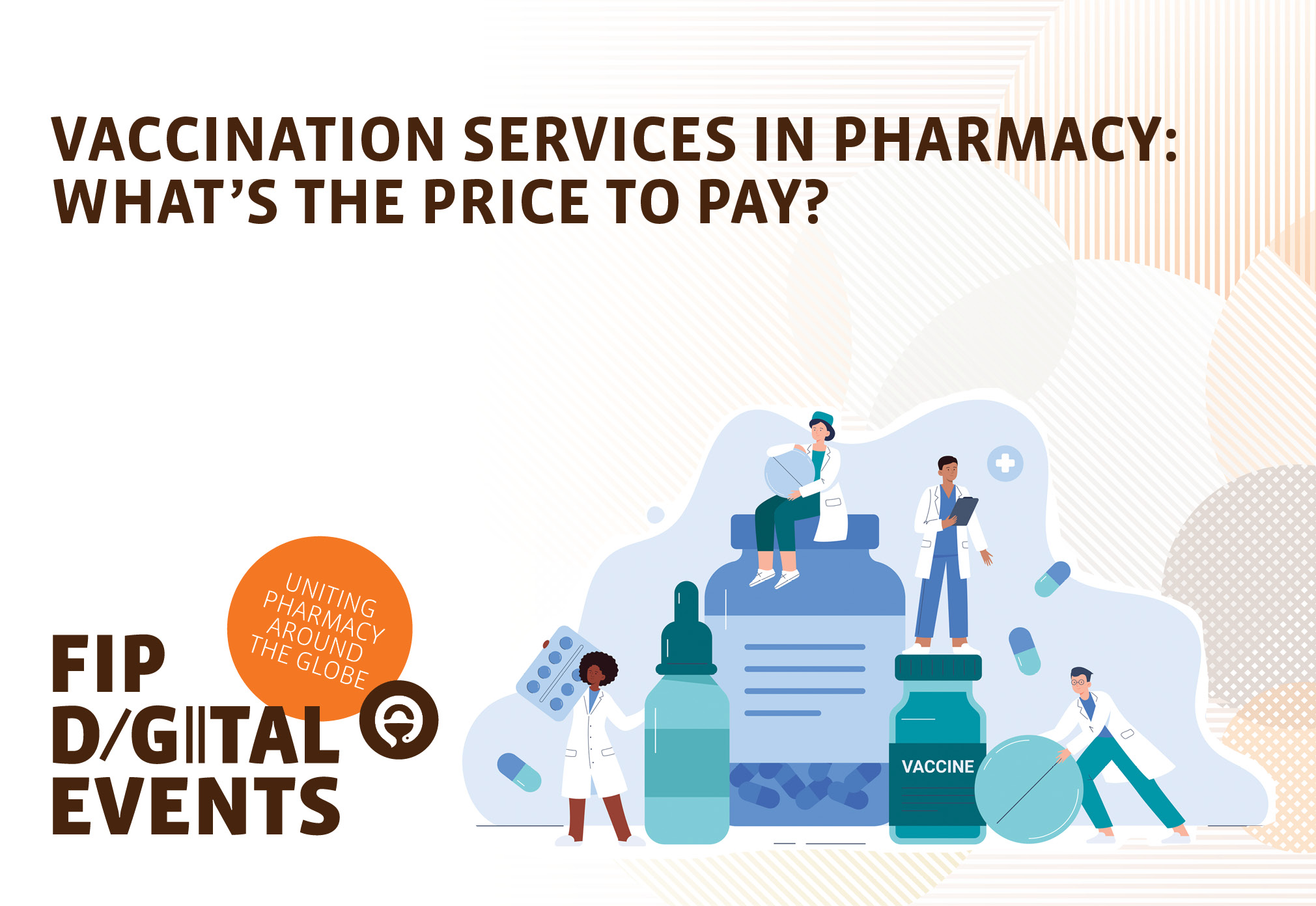
Webinar • 25 April 2024, 14:00 - 15:30 CEST
Vaccination services in pharmacy: what’s the price to pay?
Website• Add to calendarContact information
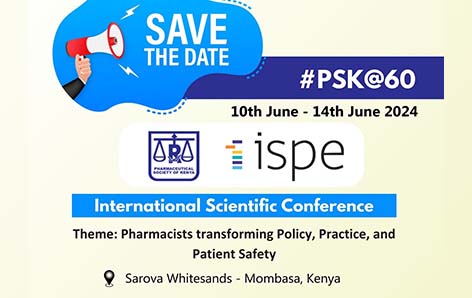
Event • 10 June 2024 - 14 June 2024
PSK International Scientific Conference 2024
Website• Add to calendarContact information

Event • 4 July 2024 - 5 July 2024
Pharmacy practice research summer meeting for PhD students, postdoctoral fellows and supervisors
Website• Add to calendarContact information

Webinar • 4 July 2024 - 5 July 2024
PPR SIG 2024 Virtual Congress
Website• Add to calendarContact information
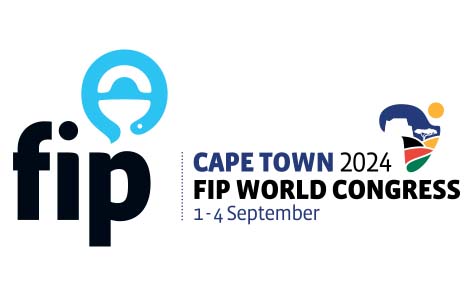
Congress • 1 September 2024 - 4 September 2024
Contact •
Add to calendar
82nd FIP World Congress of Pharmacy and Pharmaceutical Sciences
Contact information
Address: Cape Town, South Africa
Last update 28 March 2022